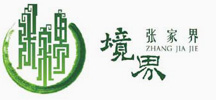Food Hygiene Lay of the People's Republic of China (Excerpt)
2016-12-20 17:59:01
(Adopted at the 16th Meeting of the Standing Committee of the Eighth National People's Congress on Octoder 30, 1995, promulgated by Decree No. 59 of the President of the People's Republic of China on October 30 ,1995 and effective as of the date of promulgation)
Chapter I General Provisions
Artiele 1 The Law is promulgated for the purpose of ensuring food hygiene, preventing food contamination and harmful substances from injuring human health, safeguarding the health of the people and improving their physical fitness.
Article 2 The State adopts a system of food hygiene supervision.
Article 3 The administrative department of public health under the State Council shall be in chargd of supervision and control of food hygiene throughout the country. Other relevant departments under the State Council shall, within the scope of their respective functions and terms of reference, be responsible for control of food hygiene.
Article 4 Whoever engages in food production or marketing within the territory of the People's Republic of China must observe the Law. The Law applies to all kinds of foods, food additives, containers,packagings, utensils and equipment used for food, detergents and disinfectants; it also applies to the premises, facilites and environment associated with food production or marketing.
Article 5 The State encourages and protects the social supervision exercised by public organizations and individuals over food hygiene. Any person shall have the right to inform the authorities and lodge a complaint adout any violation of the Law.
Chapter II Food Hygiene
Article 6 Food shall be nontoxic and harmless, in conformity to proper nutritive requirements and have appropriate sensory features such as colour, fragrance and taste.
Article 7 Principal and supplementary foods intended specially for infants and preschool children shall conform to the nuritive and hygienic standards promulgated by the administrative department of public health under the State Council.
Article 8 In the process of food production and marketing, the requirements for hygiene stated below shall be conformed to :
(1) The environment inside and outside any food production or marketing establishments shall be kept clean and tiby; measures shall be taken to eliminate flies, rodents, cockroaches and other harmful insects and to remove conditions for their propagation; and a prescribed distance shall be kept from any toxic or harmful site;
(2) An enterprise engaged in food production and marketing shall have workshops or other premises for the preparation of raw materials and for processing, packing and storage that are commensurate with the varieties and quantities of the products handled;
(3) Appropriate facilities shall be made available for disinfection, changing clothes, toilet, natural and artificial light, ventilation prevention of spoilage, protection against dust, elimination of flies and rodents, washing of equipment, sewage discharge and the containment of garbage and other wastes;
(4) The layout of installations and the application of technological processes shall be rational in order to prevent contamination between foods to be processed and ready-to-eat foods, and between raw materials and finished products; food must not be placed in contact with any toxic substance or filth;
(5) Tableware, kitchenware and containers for ready-to-eat foods must be cleaned and disinfected prior to use; cooking utensils and other utensils must be washed after use and kept clean;
(6) Any containers, packagings, utensils and equipment used for the storage, transportation, loading and unloading of food as well as the conditions under which these operations are carried out must be safe, harmless and kept clean in order to prevent food contamination;
Chapter III Hygiene of Food Additives
Article 11 The production, marketing and use of food additives must conform to the hygiene standards for use of food additives and the hygiene control regulations; the food additives that do not conform to the hygiene standards and the hygiene control regulations may not be marketed and used. Chapter IV Hygiene of Containers, Packagings, Utensils and Equipment Used for Food
Article 12 Containers, packagings, utensils and equipment used for food mustconform to the hygiene standards and the hygiene control regulations.
Article 13 The raw materials for making containers, packagings, utensils and equipment used for food must meet hygiene requirements. The finished products should be easy to clean and disinfect. Chapter V Formulation of Food Hygiene Standards and Regulations for Food Hygiene Control.
Article 14 The administrative department of public health under the State Council shall formulate or approve and promulgate the national hygiene standards, hygiene control regulations and inspection procedures for food, food additives, the containers, packagings, utensils and equipment used for food , the detergents and disinfectants used for washing food or utensils and equipmert used for food , and the tolerances for contaminants and radioactive substances in food.
Article 15 If the State has not formulated hygiene standards for a certain kind of food, the people's governments of the provinces, autonomous regions, or municipalities directly under the Central Government may establish local hygiene standards for that food and report them to the administrative department of public health under the State Council and the competent standardization administration department under the State Council for the record.
Article 16 Norms of significance to the science of health in the national quality standards for food additves must be examined and approved by the administrative department of public health under the State Council. Appraisals on the safety for use of agricultural chemicals, such as pesticides and chemical fertilzers, shall be examined and approved by the administrative department of public health under the State Council. Veterinary hygiene inspection procedures for slaughtered livestock and poultry shall be formulated jointly by the relevant administrative departments under the Statd Council and the administrative department of public health under the State Council.
Keyword:
-
Zhangjiajie package service for family self-help tourism5D 4N $0.00¥0.00
-
3N4D Zhangjiajie mountaintop staying for highlight sunrise tour4D 3N $241.74¥1580.00
-
4D3N Family tour to ZJJ avatar park-Grand cayon-Glass bridge-Tianmenshan4D 3N $302.94¥1980.00
-
3N4D Group tour for Zhangjiajie rock climbing tour in avatar park4D 3N $0.00¥0.00
more FAQ
- 1About Full introduction for Zhangjiajie Glass Plank Road
- 2What is Zhangjiajie's sister World Geopark?
- 3Top 5 places for Zhangjiajie winter tour
- 4Zhangjiajie top 5 hiking places
- 5Zhangjiajie's best places for sunrise & sunset tour
- 6Do you know about Zhangjiajie cultural heritage?
- 7Zhangjiajie travel entrance fee,cableway,elevator,sightseeing train cost
- 8Hunan Province Weather Profile



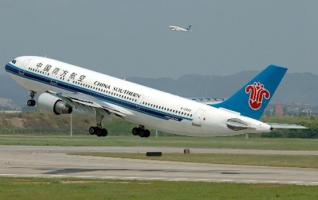
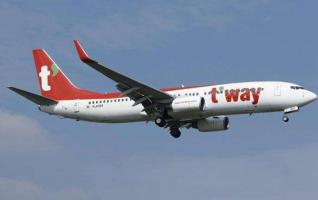











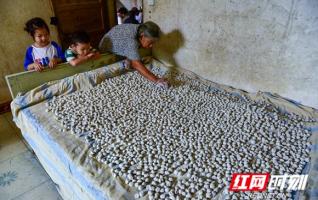
![Top food recommendation for Hunan tourism[Photo Gallery]](http://www.zjjbk.com/uploadfile/2017/0521/thumb_318_200_20170521042544645.jpg)
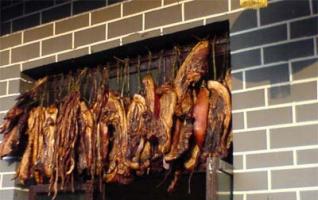
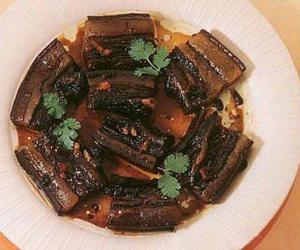
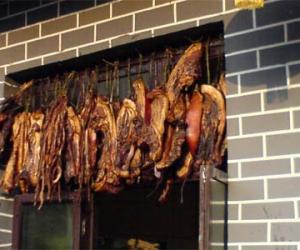
![Zhangjiajie old method of producing vegetable oil[Photo-step process]](http://www.zjjbk.com/uploadfile/2016/1220/thumb_318_200_20161220044619231.jpg)
